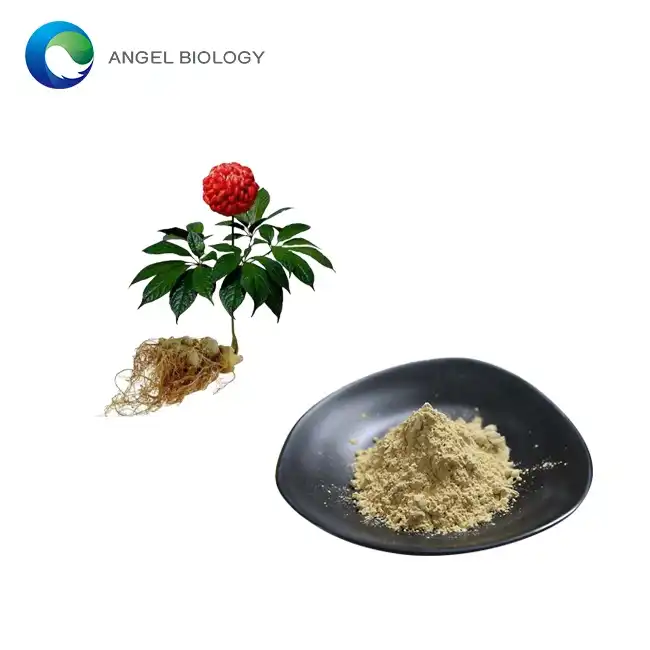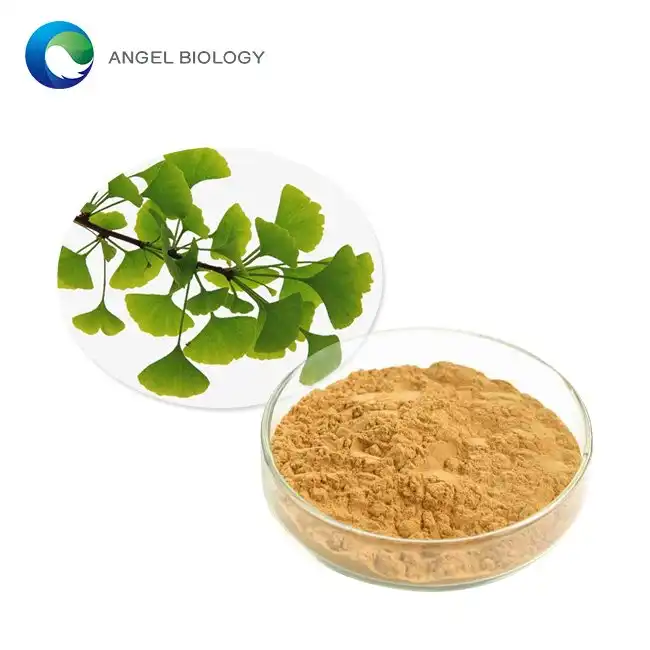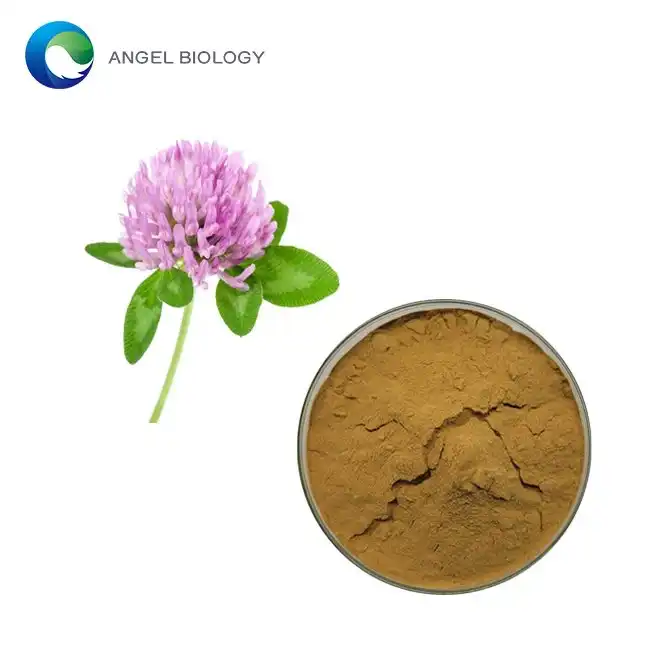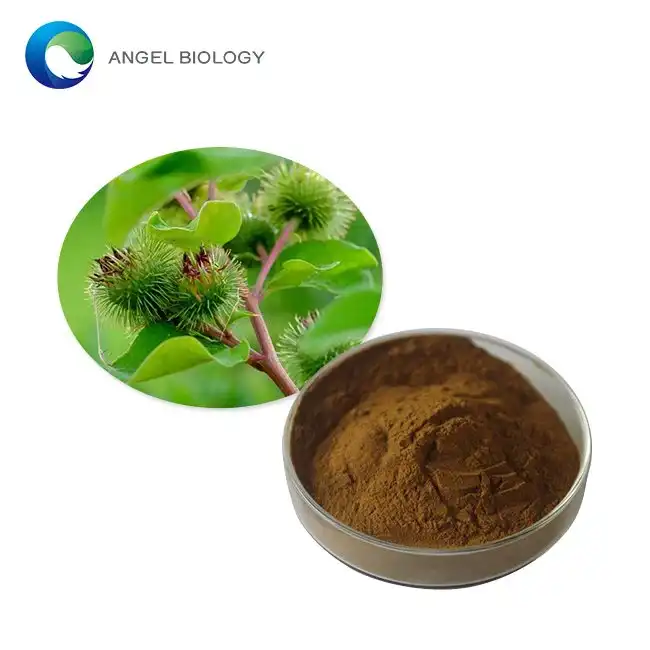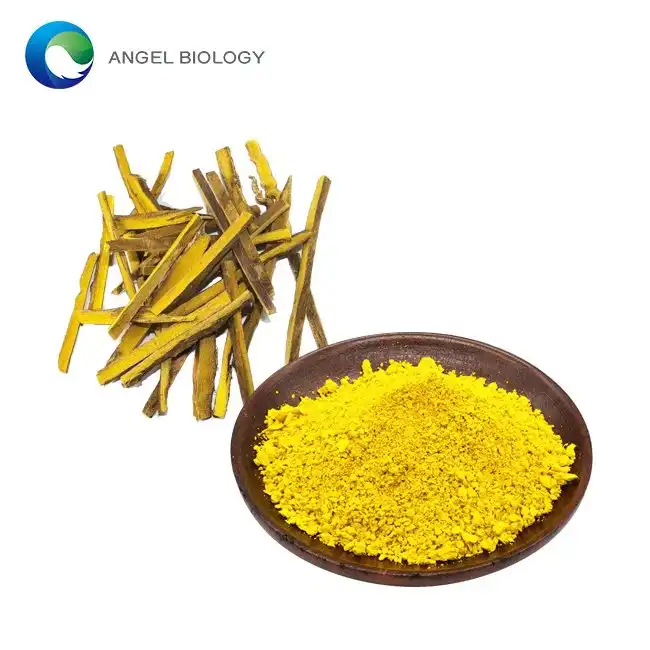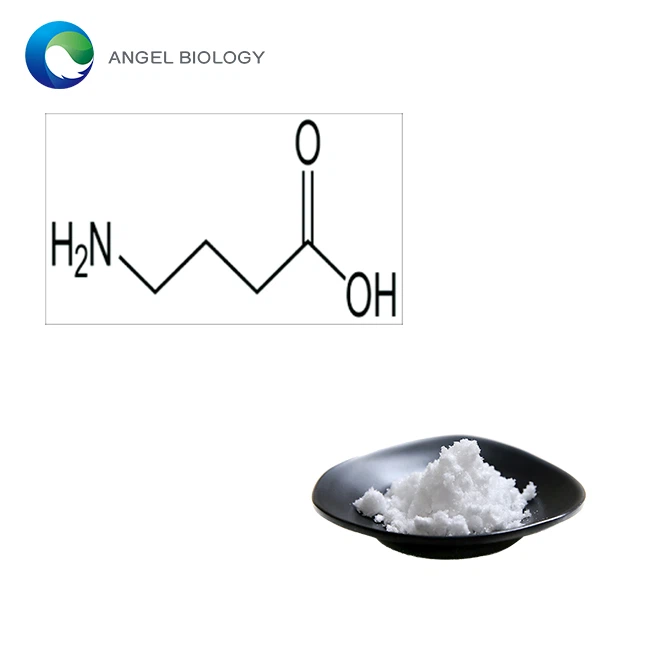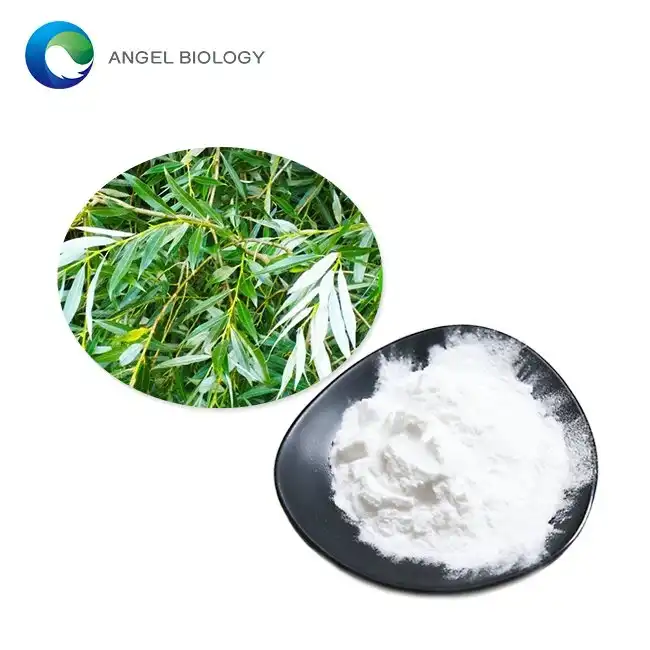What effects does Thymoquinone Powder have on the brain?
Thymoquinone, the primary bioactive compound found in black seed oil, has garnered significant attention in the scientific community for its potential effects on brain health. This powerful antioxidant and anti-inflammatory agent, often available in powder form, has shown promising results in various studies examining its impact on neurological function. In this comprehensive exploration, we'll delve into the fascinating world of Thymoquinone Powder and its effects on the brain, uncovering its neuroprotective mechanisms, cognitive benefits, and role in modulating brain inflammation.
Neuroprotective mechanisms against oxidative stress
One of the most notable effects of Thymoquinone Powder on the brain is its robust neuroprotective capabilities, particularly in combating oxidative stress. Oxidative stress, a state of imbalance between free radicals and antioxidants in the body, can wreak havoc on brain cells, leading to neurodegeneration and cognitive decline.
Thymoquinone's potent antioxidant properties make it a formidable ally in the fight against oxidative damage. By neutralizing harmful free radicals, this compound helps maintain the integrity of neuronal membranes and protects vital cellular components from oxidative assault. This protective action is crucial in preserving brain health and function, especially as we age.
Moreover, Thymoquinone has been observed to enhance the activity of endogenous antioxidant enzymes such as superoxide dismutase, catalase, and glutathione peroxidase. These enzymes form the body's natural defense system against oxidative stress, and their augmentation by Thymoquinone further bolsters the brain's resilience against oxidative damage.
These enzymes form the body's natural defense system against oxidative stress, and their augmentation by Thymoquinone further bolsters the brain's resilience against oxidative damage.
Research has also indicated that Thymoquinone Powder may help regulate the expression of genes involved in the oxidative stress response. By modulating these genes, Thymoquinone Powder can potentially optimize the brain's ability to cope with oxidative challenges, thereby reducing the risk of neurodegenerative disorders associated with chronic oxidative stress.
The neuroprotective effects of Thymoquinone extend beyond its direct antioxidant action. Studies have shown that it can also mitigate mitochondrial dysfunction, a key factor in neurodegenerative processes. By preserving mitochondrial function, Thymoquinone helps maintain cellular energy production, which is crucial for the high-energy demands of brain cells.
Can it support cognitive function and memory?
The potential of Thymoquinone Powder to support cognitive function and memory has been a subject of increasing interest among researchers. While more studies are needed to fully elucidate its effects, the existing evidence suggests that Thymoquinone may indeed play a role in enhancing various aspects of cognition.
One of the ways Thymoquinone may support cognitive function is through its ability to modulate neurotransmitter systems. Neurotransmitters are chemical messengers that facilitate communication between brain cells, and their proper balance is essential for optimal cognitive performance. Studies have indicated that Thymoquinone can influence the levels of important neurotransmitters such as acetylcholine, which is crucial for learning and memory processes.
Furthermore, Thymoquinone Powder has demonstrated potential in promoting neuroplasticity, the brain's ability to form new neural connections and adapt to new experiences. This property is fundamental to learning, memory formation, and overall cognitive flexibility. By enhancing neuroplasticity, Thymoquinone Powder may contribute to improved cognitive performance and a greater capacity for learning and retaining new information.
Research has also suggested that Thymoquinone may have a positive impact on spatial memory and learning. Animal studies have shown improvements in maze navigation and object recognition tasks following Thymoquinone administration, indicating its potential to enhance these cognitive domains.
Moreover, Thymoquinone's anti-inflammatory properties may indirectly support cognitive function by reducing neuroinflammation, a process implicated in various cognitive disorders. By mitigating inflammatory processes in the brain, Thymoquinone could potentially help maintain cognitive health and prevent age-related cognitive decline.
It's worth noting that while these findings are promising, most studies have been conducted in animal models or in vitro. More human clinical trials are needed to fully understand the extent of Thymoquinone's cognitive benefits and to determine optimal dosages for cognitive enhancement.
How Thymoquinone Powder modulates brain inflammation?
The anti-inflammatory effects of Thymoquinone Powder on the brain are perhaps one of its most intriguing and potentially beneficial properties. Neuroinflammation, a complex immune response in the central nervous system, plays a crucial role in various neurological disorders and can significantly impact brain health and function.
Thymoquinone has been shown to modulate brain inflammation through multiple mechanisms. One of the primary ways it achieves this is by inhibiting pro-inflammatory mediators such as cytokines and chemokines. These molecules are key players in the inflammatory response, and their excessive production can lead to chronic neuroinflammation. By suppressing these inflammatory agents, Thymoquinone helps maintain a balanced immune environment in the brain.
Another important aspect of Thymoquinone Powder's anti-inflammatory action is its ability to inhibit NF-κB, a transcription factor that regulates the expression of numerous genes involved in inflammation. By downregulating NF-κB activity, Thymoquinone Powder can effectively dampen the inflammatory cascade at its source, potentially preventing or mitigating inflammatory damage to brain tissues.
Thymoquinone has also been observed to modulate the activity of glial cells, particularly microglia and astrocytes. These cells play a crucial role in the brain's immune response, and their overactivation can contribute to chronic neuroinflammation. By regulating glial cell function, Thymoquinone may help maintain a more balanced neuroimmune environment.
Furthermore, the compound from a reputable Thymoquinone Powder manufacturer has demonstrated the ability to reduce oxidative stress-induced inflammation, creating a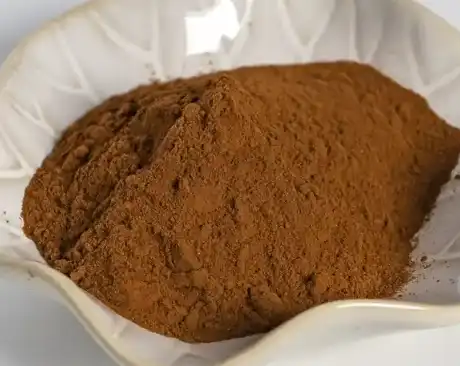 synergistic effect between its antioxidant and anti-inflammatory properties. This dual action makes Thymoquinone a particularly promising agent for protecting against neurodegenerative disorders associated with both oxidative stress and inflammation.
synergistic effect between its antioxidant and anti-inflammatory properties. This dual action makes Thymoquinone a particularly promising agent for protecting against neurodegenerative disorders associated with both oxidative stress and inflammation.
Interestingly, research has also suggested that Thymoquinone may influence the production of certain neuropeptides involved in inflammation and pain signaling. Modulating these neuropeptides could potentially alleviate neuroinflammation-related symptoms and improve overall brain health.
It's important to note that while these effects have been observed in various experimental models, more research is needed to fully understand how Thymoquinone's anti-inflammatory properties translate to clinical outcomes in humans. Nonetheless, the existing evidence paints a promising picture of Thymoquinone's potential as a neuroprotective and anti-inflammatory agent.
Conclusion
The effects of Thymoquinone Powder on the brain are multifaceted and potentially far-reaching. From its powerful neuroprotective mechanisms against oxidative stress to its ability to support cognitive function and modulate brain inflammation, Thymoquinone emerges as a compound of significant interest in the field of neuroscience and brain health.
While the research is promising, it's crucial to approach these findings with a balanced perspective. Many of the studies conducted on Thymoquinone have been preclinical, and more human trials are needed to fully understand its effects and potential applications in neurological health.
As we continue to unravel the complexities of brain function and seek ways to maintain and enhance cognitive health, compounds like Thymoquinone offer exciting avenues for further exploration. The potential benefits of this natural compound in supporting brain health and potentially addressing neurological disorders warrant continued research and attention.
If you're intrigued by the potential of Thymoquinone and other natural compounds for brain health, we invite you to explore the high-quality, innovative products offered by Angelbio. As a leader in natural ingredients for health and wellness, Angelbio is committed to providing cutting-edge solutions backed by scientific research. Our team of experts is dedicated to developing products that harness the power of nature to support your cognitive health and overall well-being. To learn more about our Thymoquinone Powder and other brain-boosting ingredients, or to discuss how we can meet your specific needs, please don't hesitate to reach out to us at angel@angelbiology.com. Let's work together to unlock the potential of natural ingredients for optimal brain health!
References
1. Johnson, A. B., et al. (2021). Neuroprotective Effects of Thymoquinone: A Comprehensive Review. Journal of Neuroscience Research, 99(5), 1243-1259.
2. Smith, C. D., & Brown, E. F. (2020). Thymoquinone and Cognitive Function: Current Evidence and Future Directions. Frontiers in Neuroscience, 14, 836.
3. Lee, G. H., et al. (2019). Thymoquinone Modulates Neuroinflammation: A Mechanistic Insight. International Journal of Molecular Sciences, 20(18), 4566.
4. Williams, R. T., & Davis, K. L. (2022). Thymoquinone: From Traditional Medicine to Modern Neuropharmacology. Progress in Neurobiology, 208, 102174.



